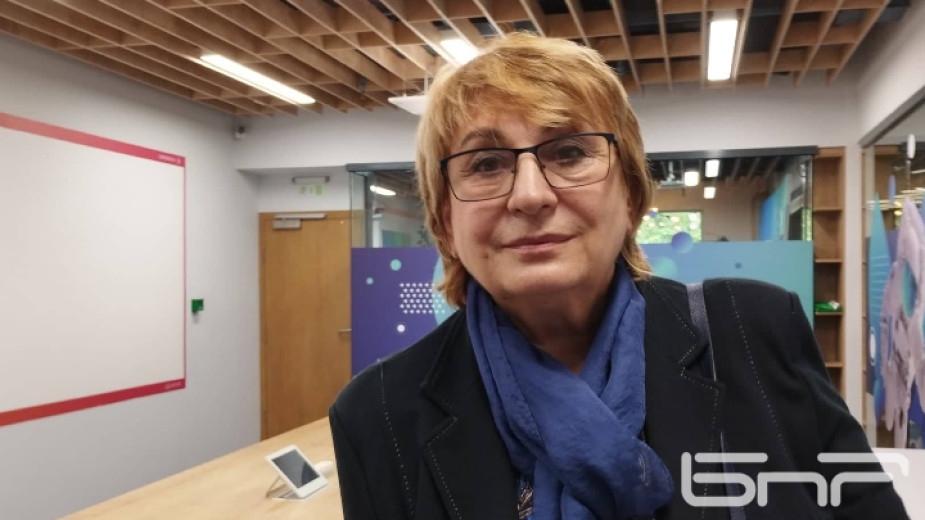Seventy percent of people with mental health problems in Bulgaria receive no care. Those who undergo treatment in one of the 12 state psychiatric institutions are not receiving aftercare and follow-up care, it became clear during a discussion in Sofia on depression. According to World Health Organization projections, by 2030 depression will become the No 1 cause of disability.

"We can definitely confirm that the number of patients with anxiety disorders or depression increased during the Covid-19 lockout and pandemic. The coronavirus itself can directly affect the central nervous system," explained Prof. Vihra Milanova, Head of the Psychiatry Clinic at the Aleksandrovska University Hospital.
The good news is that most of these disorders are transient. In her words, children have also been affected by online schooling and are now being referred to as "the Covid generation". There are patients among adolescents who have post-covid syndrome in terms of mental health, Prof. Vihra Milanova said.
Psychiatric screenings in 2021 are up 25,000 compared to 2019, according to the National Center for Public Health and Analysis (NCPHA). Neurology consultations have also increased dramatically, by 230,000. The demand for tranquilizers has grown, with sales of antidepressants jumping 7%. There were 150% more calls for help to hotlines for victims of domestic violence.One-third of all patients with severe depression have treatment-resistant depression that is not responding to current antidepressants, the experts said. These patients have a 50% increased risk of cardiovascular disease, a 29% increased risk of malignancy, an increased risk of suicide, and a 38-50% decreased quality of life.

And yet, despite the high incidence, after receiving inpatient treatment, Bulgarian patients cannot be referred for aftercare, as it is not provided by the state. Outside inpatient treatment in the 12 state psychiatric hospitals, only private psychiatric services are offered. At the same time, of the nearly 500 psychiatrists in the country, only 1% have a private practice, making it extremely difficult for patients to reach them.
Medical and social care in Bulgaria are separate and there is no working system to objectively assess the condition of people with mental illness and their needs, the head of the Psychiatry Clinic at the Alexandrovska University Hospital explained."Over the years, mental health in our country has been neglected. This is my observation from the last years and when I am asked what needs to change, I answer that there is no one solution, the problems are complex, but it is high time to help both people with mental health problems and those who care for them", said Prof. Dr. Milanova in an interview for BNR on the occasion of the World Mental Health Day.
Interview by Gergana Hrischeva, BNR Horizont
Photos: library, freepik.comThe topic of quality in preschool and school education is of great importance for Bulgaria, but there is no quality standard in the Pre-school and School Education Act. Its creation is a task of the Ministry of Science and Education..
For the 21st consecutive year, Simitli is hosting one of the largest masquerade festivals in Bulgaria. Originally a local entertainment, "Simitli - The Ancient Land of Kukeri" has become one of the most important kukeri events in the country. Over the..
Romania becomes the largest natural gas producer in the EU Romania was the largest natural gas producer in the EU in 2024 and in 2027 the country will double its production thanks to the Neptun Deep project. This was..

+359 2 9336 661
